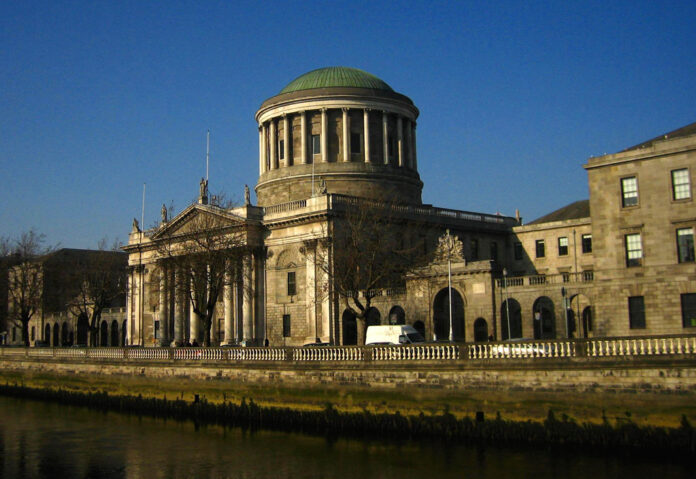THE project manager at the Clare Immigrant Support Centre in Ennis has described this week’s Supreme Court finding that the ban on asylum seekers joining the working force is unconstitutional as “very significant”.
The ban was appealed by a Burmese man who lived in Direct Provision for eight years, prior to being granted refugee status.
The court adjourned making a formal order for six months, to allow the Dáil to address the issue.
Ireland and Lithuania are the only EU member states with indefinite bans on the right to work, while the working group report to government on Improvements to the Protection Process, including Direct Provision, recommended that the right to work be brought in. The Irish Government has yet to implement the recommendation.
“This is a very significant and welcome decision by the courts,” Orla Ní Éilí, who has worked in the Clare Immigrant Support Centre for 24 years, told The Clare Champion this week.
“I remember in 1996, we set up a campaign group trying to ensure that asylum seekers have the right to work. At that stage, people lived out in the community and there was no Direct Provision,” she explained.
Direct Provision was introduced in April 2000 as a temporary measure. Knockalisheen in Meelick is one of 33 centres nationwide.
“What we have heard most from asylum seekers is that they want to be useful members of society. People in Direct Provision can be quite isolated from ordinary life, socialising and building on their work or language capacity.
“The cut-off from normal life, where people are not engaged in meaningful activity, which is creating an income for them, has huge mental health implications for people,” Ms Ní Éilí added.
“The biggest implication for anybody if they are not engaged in looking after themselves and raising an income to manage their family, is mental deterioration. They are not part of the fabric of the society around them. Also, so many people coming to Ireland have not got English as a first language. The place you get it is in the interactions of the day and the daily routine of being productive in your own life.
“I do think that we need to be very careful about how the detail of this is worked out, so that we don’t generate a new sector that is badly or unfairly treated, which happens at the drop of a hat,” she warned.
By Peter O’Connell
A native of Ennis, Colin McGann has been editor of The Clare Champion since August 2020. Former editor of The Clare People, he is a journalism and communications graduate of Dublin Institute of Technology.



